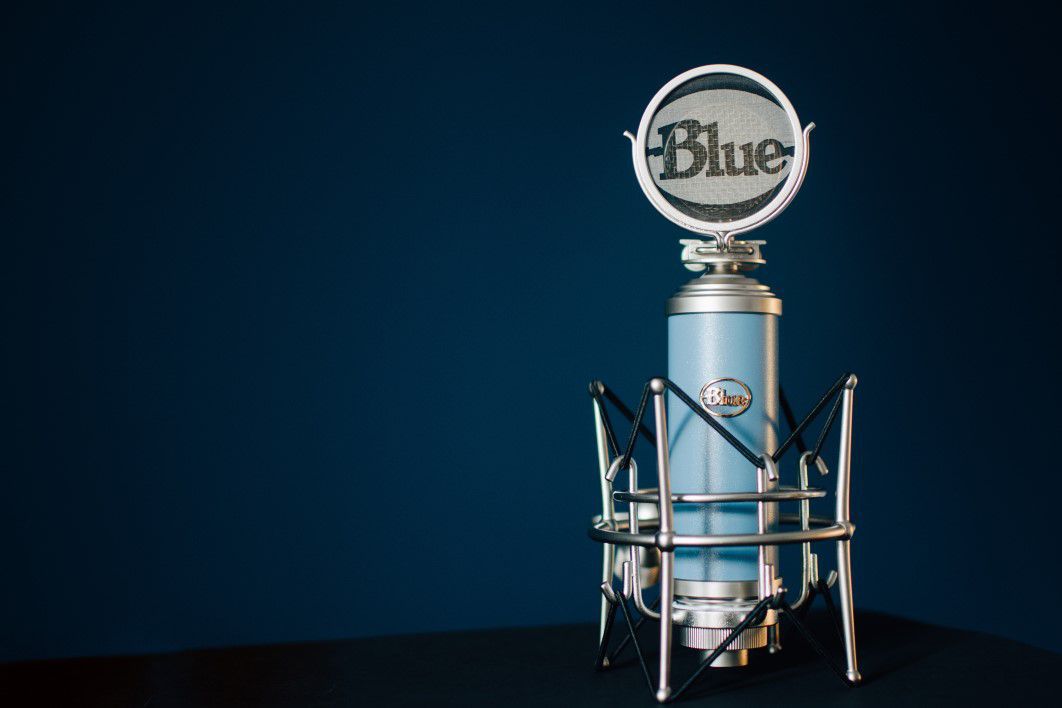

Sony Music Entertainment's lawsuit against Marriott International represents a watershed moment in music copyright enforcement, demonstrating that even the world's largest hospitality companies with sophisticated legal departments are vulnerable to massive infringement claims from social media marketing. The case offers critical lessons for brands of all sizes about music licensing obligations, influencer partnerships, and the financial risks of using copyrighted music in digital content.
In May 2024, Sony Music sued Marriott hotels for copyright infringement, claiming it identified 931 infringements of sound recordings in social media posts managed or franchised by Marriott and from influencers paid by Marriott (https://www.epgdlaw.com/sony-music-v-marriott-copyright-infringement-and-social-media-marketing/). The large number of infringements could have exposed Marriott to statutory damages approaching $140 million based on federal copyright provisions allowing up to $150,000 per willful infringement.
Sony's complaint detailed 931 instances of alleged infringements (https://www.edwhitelaw.com/blog/sony-music-entertainment-vs-marriott-international-a-case-of-rampant-copyright-infringement). Among these, 913 were attributed to social media posts by Marriott-owned, managed, or franchised hotels, and 18 were linked to social media influencers paid by Marriott. The artist list included Beyoncé, Harry Styles, Britney Spears, Mariah Carey, Michael Jackson, Miley Cyrus, Shakira, and Doja Cat—representing some of Sony's most valuable commercial assets.
Marriott was aware of the copyright issues as early as January 2020, having received multiple notices from Sony Music Entertainment (https://www.edwhitelaw.com/blog/sony-music-entertainment-vs-marriott-international-a-case-of-rampant-copyright-infringement). Despite initially entering tolling agreements that paused statute of limitations deadlines, Marriott later refused to extend or establish new agreements, prompting the lawsuit. This timeline demonstrates that infringement continued for over four years after initial notification, supporting allegations of willful violation.
Sony Music claimed Marriott frequently exploited popular recordings when they were trending, enhancing posts' reach and engagement (https://www.edwhitelaw.com/blog/sony-music-entertainment-vs-marriott-international-a-case-of-rampant-copyright-infringement). For instance, a video featuring Beyoncé's "Texas Hold 'Em" was posted by Marriott three days after the song debuted at number one on Billboard's Hot Country Songs chart. This strategic timing showed Marriott recognized music's promotional value while declining to pay for licensing rights.
The case settled in October 2024, with Sony Music dismissing the lawsuit with prejudice, meaning it cannot be reinitiated (https://www.reuters.com/legal/litigation/sony-music-ends-us-legal-battle-with-marriott-over-song-use-ads-2024-10-08/). While settlement terms remained confidential, the resolution likely involved substantial payment to Sony and implementation of compliance measures preventing future infringement. Marriott representatives refrained from commenting on the filing or settlement terms.
The Marriott case underscores broader implications for brands using copyrighted music in marketing efforts. Sony Music asserted that Marriott was aware of copyright issues, received multiple notices, and continued infringing behavior. This pattern supports willful infringement findings that can multiply statutory damages up to $150,000 per work. For brands, the lesson is clear: awareness of copyright requirements combined with continued infringement creates maximum legal exposure.
Franchise relationships complicated liability questions. Many alleged infringements came from franchised or managed hotels rather than corporate-owned properties (https://www.akerman.com/en/perspectives/marriotts-sony-music-settlement-navigating-indemnification-claims-in-franchise-and-manag). This raised indemnification questions about whether Marriott or individual franchisees bore ultimate responsibility. Franchise agreements typically include indemnification clauses allocating liability between franchisors and franchisees, but these provisions may not have been drafted with social media copyright infringement in mind.
The settlement highlights critical roles of indemnification clauses in allocating liability between franchisors and hotel owners (https://www.akerman.com/en/perspectives/marriotts-sony-music-settlement-navigating-indemnification-claims-in-franchise-and-manag). For franchised brands, this means updating franchise agreements to explicitly address social media marketing, music licensing compliance, and indemnification for copyright infringement. Without clear contractual allocations, franchisors may face liability for franchisee actions beyond their direct control.
The case demonstrates music companies' strategic enforcement approach. Rather than pursuing takedowns through DMCA notices, Sony accumulated evidence of systematic infringement over four years before filing suit. This patience allowed statutory damages to multiply across hundreds of works, creating settlement pressure through massive potential liability. Brands should recognize that lack of immediate enforcement does not indicate tolerance—music companies may be building cases for eventual litigation.
Social media's scale amplifies infringement exposure. Marriott operates thousands of properties globally, each potentially maintaining social media accounts. Multiply hundreds of properties by dozens of posts per year, and even modest infringement rates generate massive violation counts. For multi-location brands, franchise systems, or businesses with numerous social media accounts, centralized music licensing compliance becomes essential to prevent localized decisions from creating enterprise-wide liability.
Influencer partnerships created additional complications. Sony attributed 18 alleged infringements to social media influencers paid by Marriott (https://www.epgdlaw.com/sony-music-v-marriott-copyright-infringement-and-social-media-marketing/). This implicates contributory and vicarious copyright infringement theories where brands can be held liable for third-party violations they facilitate, enable, or profit from. Influencer marketing requires explicit contractual provisions addressing music licensing, content approval, and indemnification.
For your brand, the Marriott case requires several actions. First, audit all social media accounts for music usage and identify unlicensed content. Second, implement music licensing policies requiring pre-approval before posting any content containing copyrighted music. Third, revise influencer contracts to require music licensing compliance and include indemnification for copyright violations. Fourth, train social media teams on copyright basics and licensing requirements. Fifth, establish relationships with sync licensing providers or music licensing services offering pre-cleared content for commercial use.
Budget implications are significant. Proper music licensing costs money—sync licenses for commercial uses can range from hundreds to tens of thousands of dollars per use depending on music popularity, usage scope, and negotiation factors. However, these licensing costs pale compared to potential statutory damages of $750 to $150,000 per work. Even settling for fractions of theoretical maximum liability quickly exceeds licensing costs for properly clearing music upfront.
Ultimately, Marriott's $140 million potential exposure (eventually settled for undisclosed terms) demonstrates that no brand is too large or sophisticated to face catastrophic copyright liability. If the world's largest hotel chain with extensive legal resources and traditional media licensing experience can accumulate 931 alleged infringements, any brand using social media is vulnerable. The lesson for your brand is clear: music licensing is not optional, platform availability does not equal permission, and the costs of compliance are minuscule compared to the costs of infringement.
From general questions to potential IP misuse, choose the option that best fits your case.
Our team will review your submission and get back to you as soon as possible.